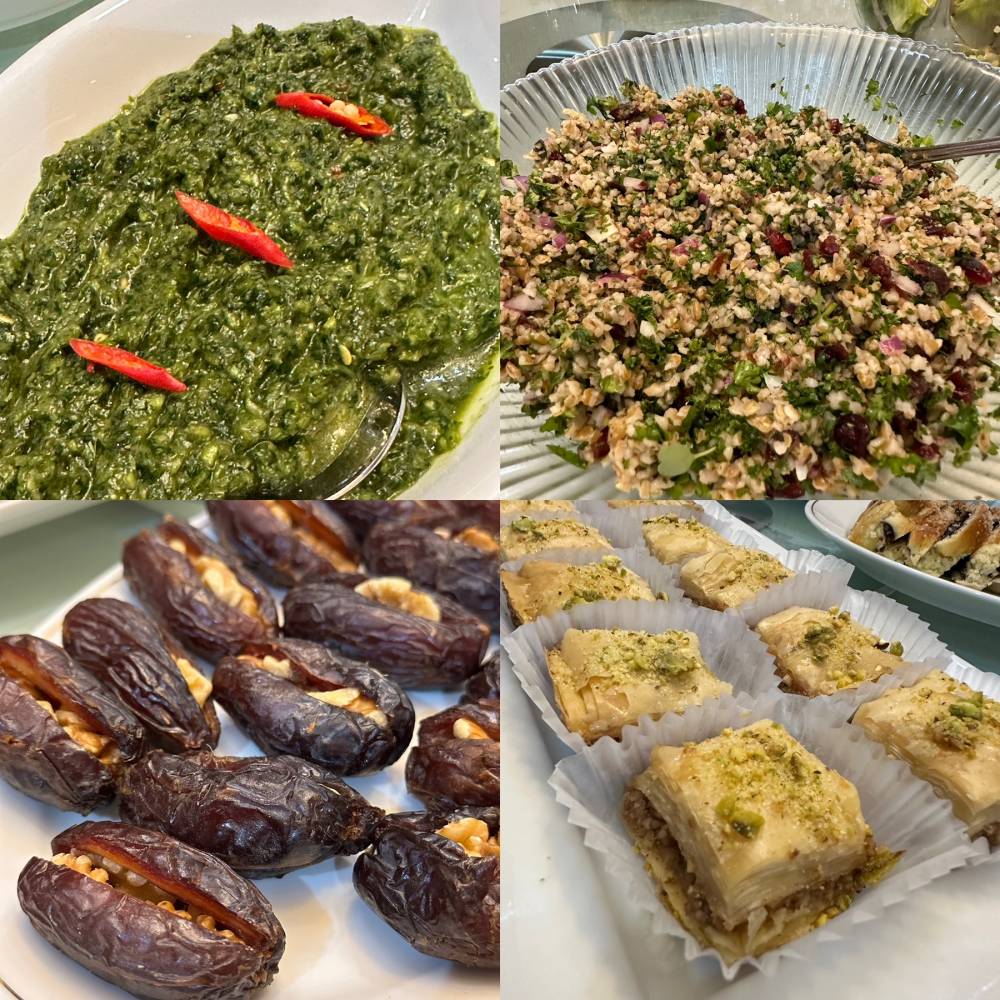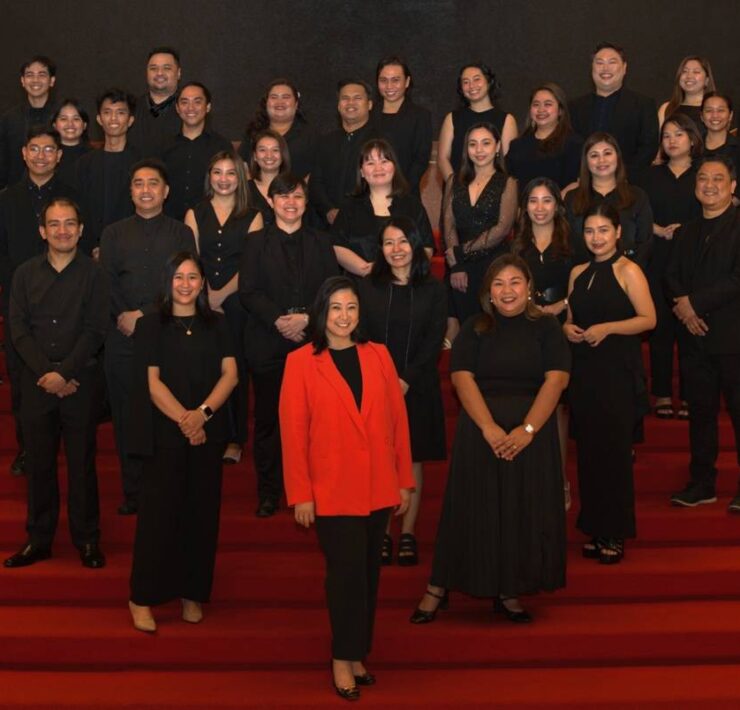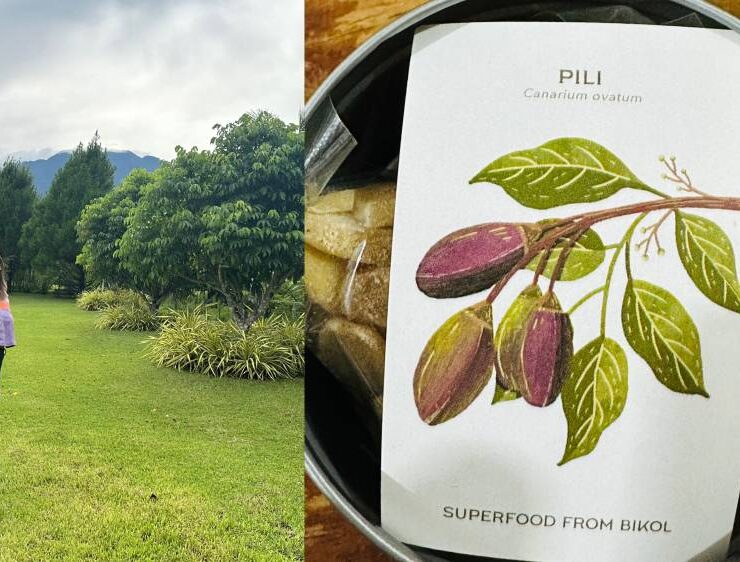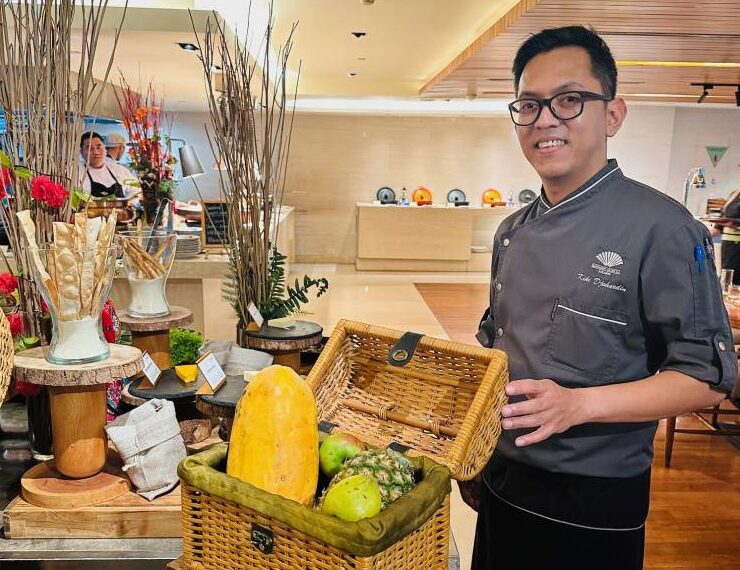A traditional Shabbat dining experience

Last Friday, I had the privilege and honor of experiencing for the first time a traditional Shabbat dinner. The invitation was extended by His Excellency Ilan Fluss, ambassador of Israel to the Philippines. The dinner was meticulously prepared by his wife Gila, who is an incredibly charming host and excellent cook.
Shabbat is the Jewish Day of Rest. The general public may be more familiar with the term Sabbath. This is actually observed every week from sunset on Friday to sunset on Saturday. It is a commemoration of the story of creation, wherein on the seventh day, the Lord rested. Hence, in observance of this, there is no “creation” of any sort on Shabbat.
This means that you need to prepare everything that you must before sunset of Friday because after that, you cannot do anything that can be interpreted as “creating.” You cannot work; you cannot cook; you cannot even create content for Facebook!
Mrs. Fluss explained that everything that we ate for the Shabbat dinner—also called Ashkenazi Shabbat or Yom Tov meal—had been prepared prior to Friday sunset. For the duration of Shabbat, a traditional Jewish family usually keeps the food on heated plates as they cannot cook again until sunset of Saturday.
Before the dinner, everyone must wash their hands. This is done the traditional way where water is poured from a pitcher and not just flowing from the faucet.
The Shabbat dinner then starts with a prayer that is sung: Shalom Aleichem. Through this prayer, angels are welcomed into the home and requested to bless the home: “ Peace unto you, ministering angels, messengers of the Most High, of the supreme King of kings, the Holy One, blessed be He. May your coming be in peace angels of peace, messengers of the Most High, of the supreme King of kings, the Holy one, blessed be He. Bless me with peace, angels of peace, messengers of the Most High, of the supreme King of kings, the Holy one, blessed be He.”
This is often followed by the singing of “Eishet Chayil,” which is lifted from Proverbs 31. It is a song praising the Jewish woman. This beautiful song is perfect for National Women’s Month! While there are attributes mentioned here that lean more on the traditional side, I love this opening line: “A woman of valor, who can find? For her price is far above rubies.” It also speaks of the diligence, hard work and generosity of women: “She rises also while it is yet night, and gives food to her household, and a portion to her maidens.” Most of all, I love this ode to values over fashion: “Strength and dignity are her clothing and she laughs at the time to come. She opens her mouth with wisdom, and the law of kindness is on her tongue.”
After this, the head of the family leads the tradition of breaking bread, which involves two braided loaves, one placed on top of the other. The bread is covered with a special piece of cloth called a “challah cover.” Then a blessing is sung, which essentially says, “Blessed are You, Lord our God, King of the universe, who has brought forth bread from the earth.”
Then it’s a feast!! Our dinner started with beetroot kubbeh soup, which was sweet, charming and unexpected (Kubbeh is a dumpling of ground beef). This was followed by the most delicious hummus, with tahini from Israel. I have said this in a previous article—Gila Fluss makes the best hummus in the Philippines and on this night she proved it again. Other guests enjoyed the tabbouleh.
The mains showcased kebab and Hungarian goulash, as well as a dish filled with prunes, apricots, fried onions, chestnuts, cinnamon and special Moroccan spices.
For dessert, we had delicious baklava from the synagogue as well as dates flown in from Israel.
We also enjoyed Israeli wine, which is available at Ralph’s. What makes this distinct? It was prepared by someone who observes Jewish traditions and protocols.
While I am a Catholic, I want to personally thank Ambassador and Mrs. Fluss for welcoming us to their home and having us break bread with them. This is the greatest honor and brings to life what Pope Francis said: Fratelli Tutti, brothers all.
May we all be blessed as we each express our different faiths and may we always be encouraged to respect our distinct traditions. May we find common ground and build friendships with our shared values. It is through this kind understanding of each others’ beliefs that we will ultimately find peace! INQ





















